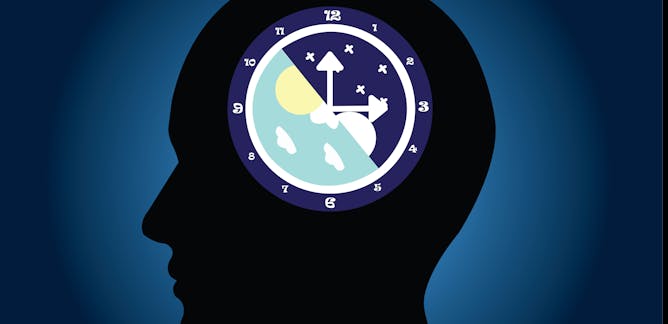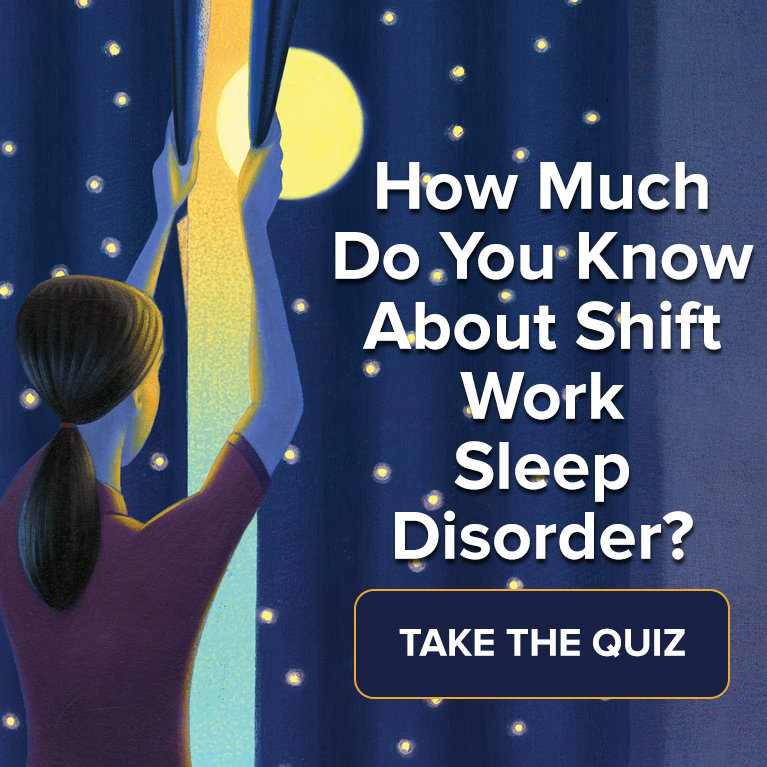Shift work sleep disorder (SWSD) is a sleep disorder that commonly affects those who work non-traditional hours, outside the typical 9 a.m. Shift work schedules go against most peoples’ internal body clocks or circadian rhythms. Shift work is the type of work scheduling timing allocated for employees where they need to work in that particular time period. It can be day shift, night shift, noon shift and the common time allocated is 9 hours. Some of the types of work shifts are.
April 16 (UPI) -- Working night shifts or hours that deviate from humans' natural body clock may increase a person's risk for heart disease, a study presented Friday during the European Society of Cardiology's virtual scientific congress found.
One in five manual laborers who worked early mornings, late evenings or nights were found to be at high risk for heart attack, stroke and heart disease, the data showed.
We evaluate, design, and implement shift schedules. Get Help With Pandemic-Related IssuesIndustry ExperienceBlog TopicsAbout Us Employee participation is the foundation of our process. Clear and open communications ensure a successful change process. Our employee databases help interpret your employees' preferences. A solid business assement results in implementing a schedule that meets. Kenny Chesney's official music video for 'Shiftwork'. Click to listen to Kenny Chesney on Spotify: featured on Jus.
This figure is about 50% higher than the prevalence of heart disease in the general population of Portugal, where the research was conducted, based on World Health Organization estimates.
In addition, about 40% reported short sleep duration, of six hours or less, on workdays and an average 'social jet lag,' or the difference between an individual's normal biological clock and working hours, of nearly two hours, the researchers said.
The odds of being classified as high risk for heart disease and other heart problems increased by 31% for each additional hour of social jet lag, according to the researchers.
'We all have an internal biological clock which ranges from morning types .. to late types .. with most of the population falling in between,' study author Dr. Sara Gamboa Madeira said in a statement.
'Our study found that for each hour the work schedule was out of sync with an employee's body clock, the risk of heart disease got worse,' said Gamboa Madeira, a physician and researcher at the University of Lisbon in Portugal.
Shift Work Song
About 16% of actively employed people in the United States work non-daytime schedules, including 6% who work evenings and 4% who work nights, according to the Bureau of Labor Statistics.
Working atypical hours or shifts may increase a person's risk for health problems such as insomnia and heart disease, based on recent research.
Nearly half of all adults in the United States are considered to be at high risk for heart disease due their being overweight or having high blood pressure or high cholesterol, the Centers for Disease Control and Prevention estimates.


Shift Work Schedules
For this study, Gamboa Madeira assessed the health of 301 laborers, all all of whom performed worked in the distribution warehouses of a retail company in Portugal.
Staff always worked during the early morning, 6 a.m. to 3 p.m.; in the late evening, 3 p.m. to midnight; or at night, 9 p.m. to 6 a.m.
Study participants completed a questionnaire on their work, sleep and health habits and had their blood pressure and cholesterol measured, Gamboa Madeira said. App for drawing on mac.
The questionnaire was used to assess sleep duration, and to estimate each individual's internal biological clock to establish levels of circadian misalignment, she said.
Www.shiftworks.com

Circadian misalignment, or social jet lag, is the difference between an individual's biological clock and their normal working hours, according to Gamboa Madeira. The phenomena occurs when there is a mismatch between what the body wants -- for example, to fall asleep at 10 p.m. -- and the schedule imposed by work obligations, she said.
The average age of participants was 33 years, and 56% were men, according to Gamboa Madeira.
Just over half were smokers, 49% had high cholesterol and 10% had high blood pressure, all of which increase a person's risk for heart problems, the data showed. Desktop calendar for mac.
Twenty percent of the study participants were classified as being at high risk for heart health problems, Gamboa Madeira said.
In nearly 60% of the workers, social jet lag was two hours or less, but it was two to four hours for 33% and four hours or more for 8%, she said.
Skybox studio for mac. A higher level of social jet lag was significantly associated with greater odds of being in the high-risk group, the data showed.
'These results add to the growing evidence that circadian misalignment may explain, at least in part, the association found between shift work and detrimental health outcomes,' Gamboa Madeira said.

Shiftworks.com

Shift Work Hours
'The findings suggest that staff with atypical work schedules may need closer monitoring for heart health,' she said.
